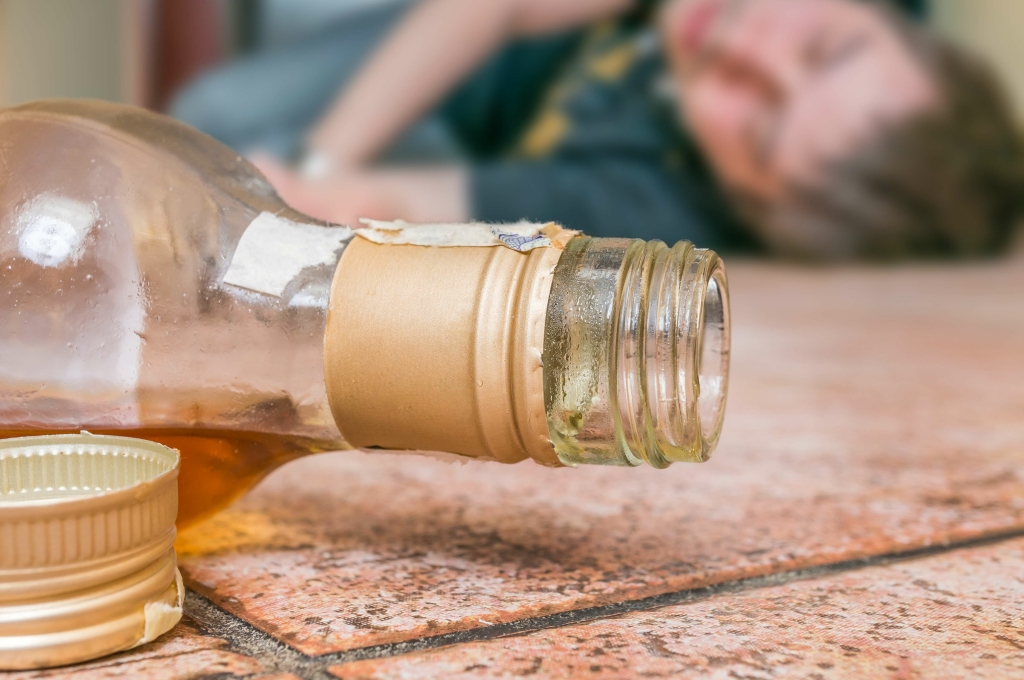Finding the right way to approach someone you think may have an alcohol use disorder can be tough. Before you speak with them, try putting yourself in their shoes. The most important thing is to let them know that you care and that you’ll be there when they need your support.

Footer Center Menu
You can also participate in a program that’s designed for the friends and family members of alcoholics, such as Al-Anon. Standing by your friend or family member’s progress during and after treatment is important, too. Even after recovery, your person will be in situations they can’t drug addiction treatment predict. Ways you can help include avoiding alcohol when you’re together or opting out of drinking in social situations.
Spotting alcoholism in those close to you
Imagine what it must be like to be in the other person’s shoes and covey that empathy when expressing yourself. The best outcome would be to have your family member agree to enter treatment. Providing a list of residential treatment options may be beneficial. If your loved one agrees to quit or cut down, make sure that they make sincere commitments, and be sure to follow up with them on those commitments. Holding your family member accountable for a decision to change is important. An alcohol use disorder can range in severity from mild, moderate, to severe.
Need help with a drinking problem?
Through the American Academy of Addiction Psychiatry (AAAP) patient resources portal, individuals can locate specialists near them and see their accreditations. There’s also a list of topics – psychiatry, types of addictions, and mental illness – that patients and families can learn more about. Their mission is to improve the lives of those affected by addiction by providing education, resources, and support to promote lasting recovery. NCADD has a perfect score of 100% on Charity Navigator. Alcohol addiction is a silent killer that affects millions worldwide, regardless of age, gender, or social status. While the journey to recovery can be challenging, the right support and resources can make a difference.

The 6 Stages of Mental Health Recovery

Alcoholism is a mental disorder, but the term “alcoholism” is no longer used. The current term, defined by the American Psychiatric Association in the Diagnostic and Statistical ethanol abuse Manual of Mental Disorders, 5th Edition, is “alcohol use disorder” (AUD). Alcohol use disorders, like many mental health conditions, exist on a spectrum of symptoms from mild to severe. While the exact symptoms may differ from person to person, everyone with an AUD finds it challenging to stop drinking or reduce the amount of alcohol they consume. An AUD is a form of addiction and is typically best managed with guidance from a qualified professional.
Participate with them in treatment
It’s essential to be open-minded, take advantage of available resources, and be willing to explore different approaches to find what works best for you. We receive advertising fees from purchases through promoted links. Some people with an alcohol use disorder will go to great lengths to obtain and use alcohol, even if it means lying or putting themselves at risk. When someone you love is facing addiction, it’s hard to know where to turn. Most people with an addiction already feel judged by others. They are often very critical of themselves because they want to stop drinking but can’t.
Sobriety in AA: We made changes to stop drinking
Approaching someone to discuss your concerns is different from an intervention. It involves planning, giving consequences, sharing, and presenting a treatment option. You may also want to see if other family members and friends want to be involved. This can depend on several factors, such as how serious the situation is or how private the person may be. If the person does https://ecosoberhouse.com/ have an alcohol problem, the best thing you can do is be open and honest with them about it. Hoping the person will get better on their own won’t change the situation.
Worsening mental health might also be an indicator that a person is consuming more alcohol than is safe. Try to talk honestly with them about the signs you do see to explore whether or not you may be witnessing a loved one’s addiction. These signs may appear after major life changes or the development of mental disorders that they’re trying to cope with. Seeking treatment via family therapy sessions or support groups can help with these challenges. Although you may not see all these signs of alcoholism, chances are that you may have noticed a few in someone close to you.
- It is important that as you try to help your loved one, you also find a way to take care of yourself.
- That’s where Secular Organizations for Sobriety (SOS) comes in.
- Realising you have a problem with alcohol is the first big step to getting help.
- When this happens, you must be prepared to set specific boundaries that are healthy for you and them.
Join others on the road to recovery
Early intervention can make a significant difference in the recovery process, offering a path to a healthier and more fulfilling life. Because AUD is a chronic, relapsing disorder, persistence is key. It is rare that someone would go to treatment once and then never drink again. More often, people try to quit or cut back over time, experience recurrences, learn from them, and then continue on their recovery journey.
